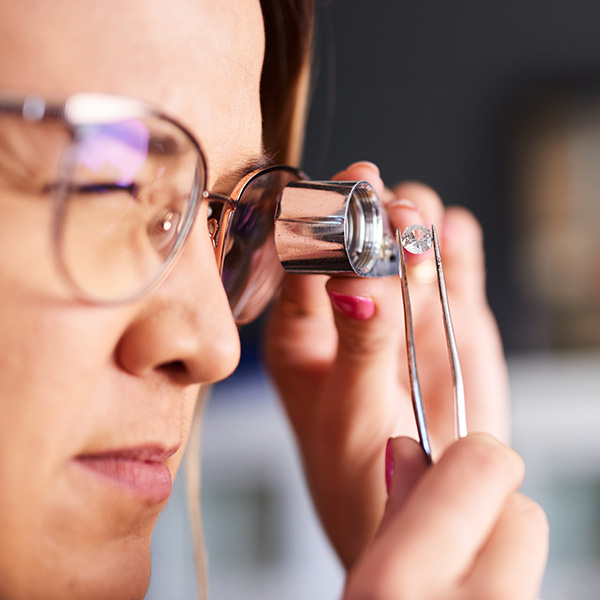
After several years of development, the Responsible Jewellery Council (RJC) said on Monday that it is ready to debut its guidance for ethical and sustainable practices in the use of lab-grown diamond and colored gemstones.
The Laboratory Grown Materials Standard (LGMS), expected to be on the RJC website as of Feb. 25, will be mandatory for RJC members, ensuring the jewelry they create with lab-grown gemstones is good for people and the planet, according to a statement from the group.
“Our mission at RJC is to promote responsible business practices from laboratory or mine to retail,” chairman Dave Meleski said in the statement. “With the LGMS, we are not just setting a standard; we are setting a vision for a future where elegance and ethics go hand in hand. We believe that every diamond, whether mined or lab-grown, can be celebrated without compromising our values.”
The Responsible Jewellery Council began working on the guidelines in 2021 and invited members to review drafts of them. They cover business practices such as legal compliance, management systems, due diligence, human rights, labor rights and working conditions, health and safety, appraisal and grading, disclosure, and environmental management.
“Our mission is to create a trustworthy environment where buyers and sellers can engage with confidence,” RJC interim executive director John Hall said in the statement. “By implementing our LGMS, we aim to ensure only best practices from laboratory to consumer.”
After a first year when they’re voluntary, LGMS will become mandatory for all members handling lab-grown materials, RJC said. The transitional phase gives members time to set up the processes and support they need to meet the standard.
RJC also will provide optional training and educational modules, along with streamlined auditing processes to help members adhere to the new standard and the group’s existing code of practices.
With the new guidelines, RJC seeks to create transparency for consumers and the marketplace. To support this, RJC members need strong management systems, which will enable a clear supply chain, the statement noted. LGMS also asks members to document and implement technical requirements at every step of its processes that protects workers, communities, and consumers, it said.
RJC, the leading standards organization of the global jewelry and watch industry, has 2,000 member companies in 74 countries spanning the supply chain from mine to retail.
(Photo courtesy of Getty Images)
- Subscribe to the JCK News Daily
- Subscribe to the JCK Special Report
- Follow JCK on Instagram: @jckmagazine
- Follow JCK on X: @jckmagazine
- Follow JCK on Facebook: @jckmagazine






